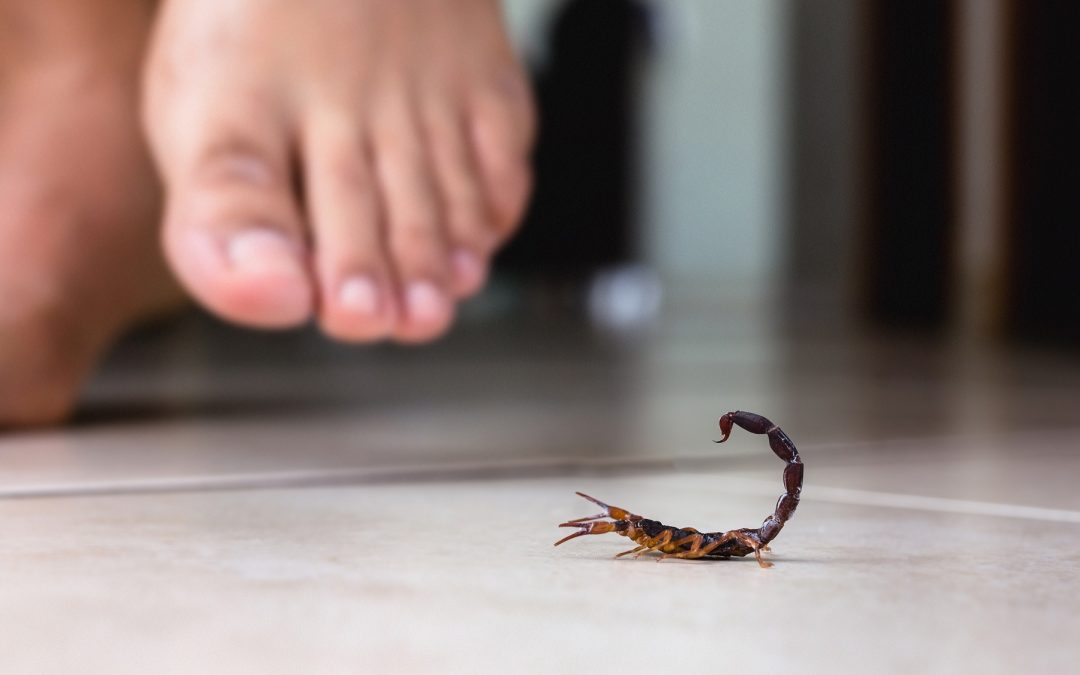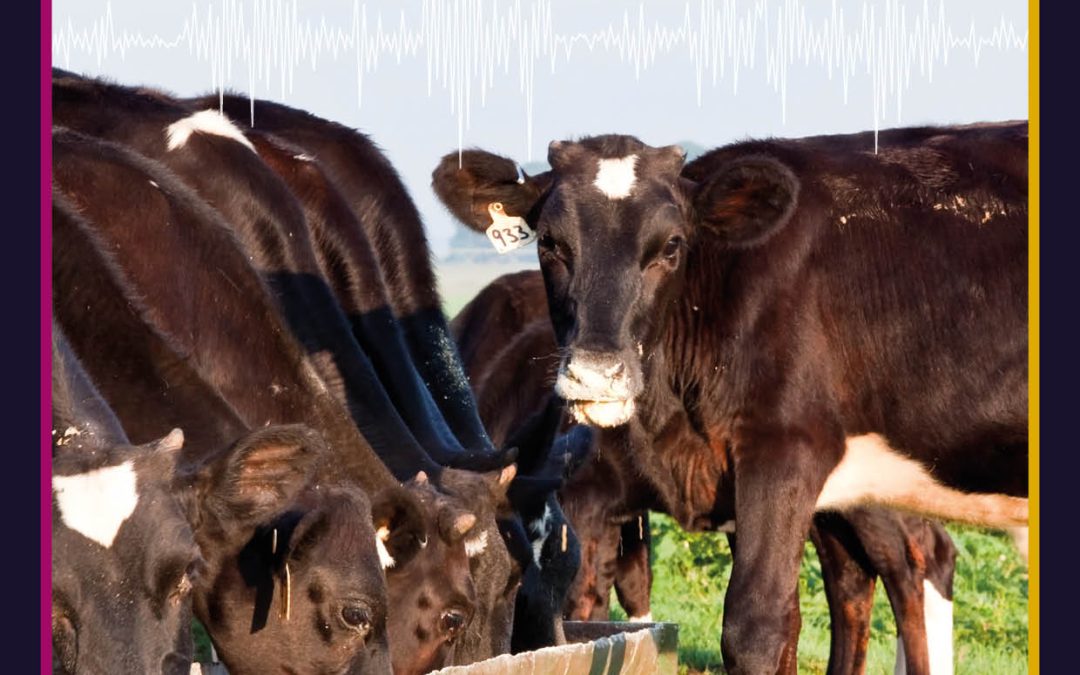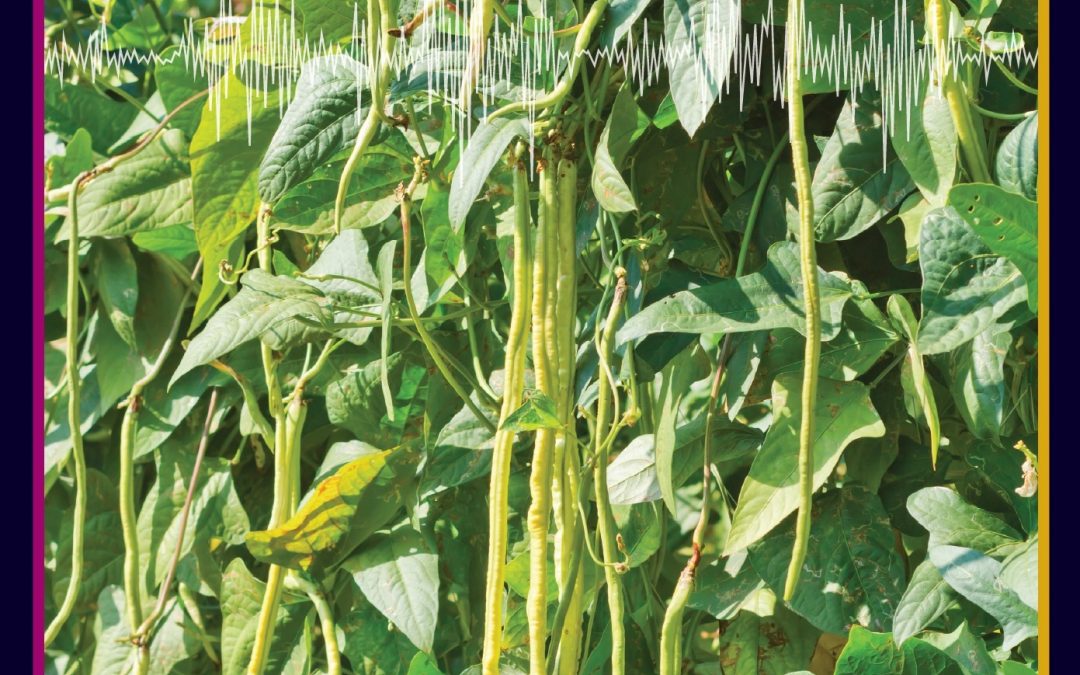
by admin | Apr 12, 2023 | biology, earth and environment
Arthropods – a group of invertebrates that includes insects, spiders, centipedes and woodlice – are everywhere, and have inhabited this planet for millions of years. They are found in most habitats on Earth – including our gardens and homes. It is in these built environments that a small number are considered a nuisance when sharing our ‘sacred space’. An even smaller number damage buildings or belongings, eat our food – even feed on us – so we label them… pests! Successful management of pest populations requires an understanding of their specific lifestyles and their requirements for food, water, shelter, breeding sites, and favourable temperatures. A team of entomologists at the University of Georgia recently published a guidebook of more than 100 arthropods found in and around homes in the South-eastern USA.

by admin | Jan 18, 2023 | biology
Eggs are marvellous – they contain all the sustenance needed to make a young bird within their protective shell, and when destined for the plate, they are nutritious and delicious. For many of us, cracking open an egg for breakfast to discover two yolks in the pan is a pleasant surprise. However, if eggs are nature’s miracle of packaging, then double-yolked eggs must be nature’s mistake – a mistake that still holds many mysteries. To answer some persisting questions, Dr Attila Salamon and Dr John Kent of University College Dublin examined our collective knowledge on double-yolked eggs in a recent review.

by admin | Jan 11, 2023 | biology, earth and environment
Future food security is one of the key global challenges facing society. Climate change presents significant threats to our ability to produce staple food crops – particularly in regions already vulnerable to droughts. Dr Kahiu Ngugi and his research team from the University of Nairobi and other institutions in Kenya investigated numerous varieties of sorghum – one of the world’s most important cereal crops. Their aim was to find new genes that would allow the crop to withstand both drought and a common parasitic weed.

by admin | Dec 7, 2022 | biology, earth and environment
Methane is one of the most potent greenhouse gases that contributes to the global climate crisis. As this gas is produced in the digestive systems of cattle, methane represents one of the greatest problems faced by the farming industry. Dr Robert Bryant, Dr Langdon Martin and their team at Warren Wilson College, North Carolina, propose an innovative feed supplement for cattle that helps to significantly reduce methane emissions: waste yeast from craft breweries. If used on a large scale, this new supplement could significantly decrease emissions associated with cattle farming, while also creating a new use for a waste product of the craft beer industry.

by admin | Aug 9, 2022 | biology, health and medicine, King's College London
The greatest challenge for ageing populations is that vaccines can be less protective for the elderly due to the age-related decline of the immune system. This means that improving the efficacy of vaccines in the ageing population is crucial to public health. Dr Lei Jin and colleagues from the University of Florida set out to develop a novel strategy to directly address this key issue.

by admin | Jul 27, 2022 | biology, earth and environment
Cowpea is an extremely versatile food crop. Packed with high-quality protein, it has become a staple legume in many households in Africa, where it is indigenous. Cowpea also cycles nutrients back into the soil, supporting sustainable farming and healthy ecological networks. However, the production of this sustainable crop faces many hurdles, including drought, pesticide use, and declining soil quality. In a recent review, Professor Olubukola Oluranti Babalola of North-West University in South Africa outlines the issues facing cowpea production and highlights potential solutions.






